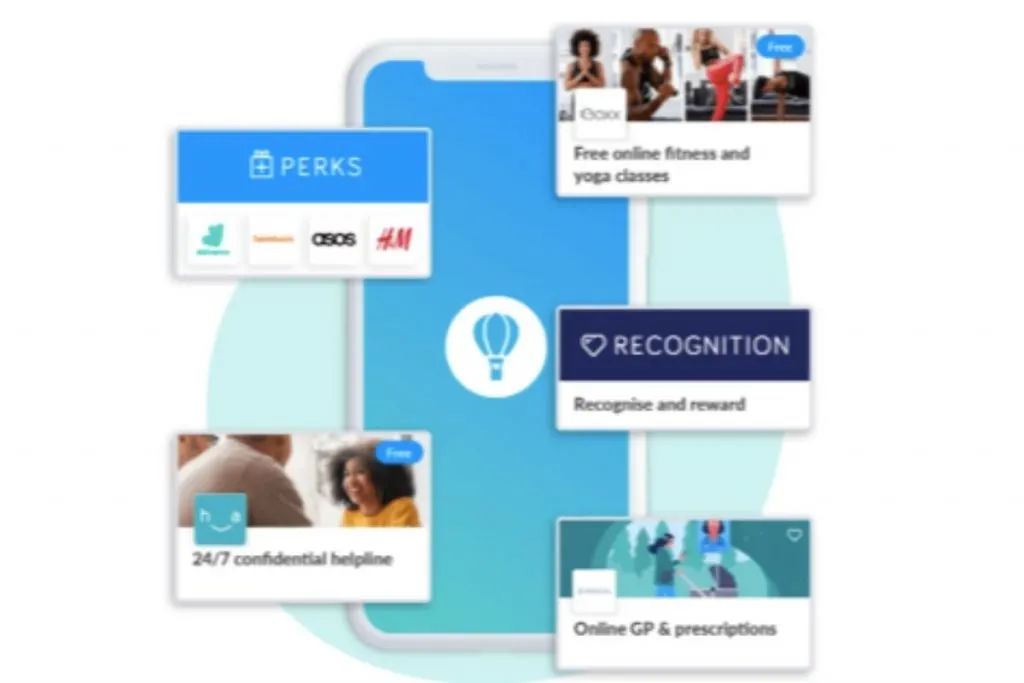‘How to start a successful start-up?’ This is one of the most prevailing questions that pops in the mind of every hardworking and enthusiastic individual who wants to leave their mark through their unconventionality and variation.
As we say, ‘Rome was not built in a day, every start-up, however small it may be, needs constant motivation and toil.
A successful start-up neither happens overnight nor with the gesture of a magic wand. Starting something of your own, that too for the very first time demands enormous commitment.
You will be surprised to learn that almost 55% of the business fails during the first five years of its operation.
The reasons could be any of the following — absence of a concrete business plan, full-proof strategies, funding sources, partnerships, and more.
While owning a successful start-up is worth a dream to die for, it is important that you plan ahead of your business and services.
By now you must be thinking that launching your own start-up is quite chaotic. But well, it’s actually not! This post explores five practical tips to help you launch your start-up that will surely help you on and through your start-up journey.
How to launch your start-up? 5 practical and useful tips
Setting up a bigger goal and gradually breaking them down into fragments will make your start-up journey a lot easier. This will also help you identify the upcoming challenges and ways to deal with them. And honestly, we believe in making your life simpler. Here’s how:
1. Figure out the ‘WHY’ behind your start-up
Think about why you want to have your own start-up? Focusing on the ‘why’ gives you a clear idea if your business is going to serve the personal need or the need of the marketplace.
Besides, a clear-cut purpose not only helps you in determining your brand’s values and principles but also will help you in taking your business forward. Having a clear vision allows you to believe in your passion and concept. Once you sink into the concept perfectly, it becomes much easier for you to make others understand, be it your family or customer.
In a nutshell, having an unambiguous why will help you in the firm belief of your idea and goals. Once you get a specific and precise ‘why’, questions like how, when, and where won’t bother you much.
2. Figure out the products and services you want to sell
Figuring out your business idea or the products and services you want to sell is another important aspect of a successful start-up. This will also help you down the road when you begin sourcing essential equipment, whether an electric mixer for industrial glue making, for instance, or other specialised processes. Furthermore, your success rate highly depends on how unique and innovative ideas you can offer.
Let’s break this down further:
a) Work on that one business idea
Do you yet have a business idea in your mind? If not, take enough time to brainstorm one. Whether it is Colonel Sanders or Dhirubhai Ambani, everyone worked on that one brilliant idea that made them stand away from the crowd.
Every successful start-up looks at the common problems around them. They address the problem of a marketplace rather than an individual concern. Next, comes analyzing those problems and finding a solution to them.
It is not always so that you have to start with a new idea. By using your idea, you can also enhance the existing product experience of the customers. This includes changing the product appearance or adding or removing a product feature in such a way that it fits the market better.
b) Identify your target audience
The above step is followed by identifying your target audience. As soon as you figure out the common problems, you will be able to distinguish your audience as well. Identifying your target audience is very important in planning a proper business strategy. Creating an ideal customer profile, market research, and studying your competitors all fit into the category of recognizing the target audience.
Getting a clear picture of your audience helps you identify who you are going to serve or who will be needing your products and services.
c) Find a location and build a website
The next on the list comes setting up your shop both online and offline. For the physical shop, check for the nearby crowd, road accessibility to the shop, and the market competition in the locality. These are the major factors that affect the sales of your business.
With India’s e-commerce order volume increasing to 36% in 2020, it is obvious that you need an online store as well. Hosting and domain are the two primary requirements while setting up an online store. And the rest depends on how much consistency and hard work is put into your start-up to flourish in the coming years.
3. Summarize your business plan

Once you are set with your business idea and target audience, next comes your business plan. A concrete business plan describes your products and services in detail. Drafting a business plan also gives you a fair idea about your finance and expenses. It also includes various business aspects like market analysis, target goals, time frame, marketing principles, and plan of operations.
This step involves identifying the customer requirements in your start-up as well. What will your customer be looking forward to in your business is the key aspect while deciding the customer requirements. There are four main customer needs that you must consider in your start-up, price, quality, choice, and convenience.
While a low price attracts more customers, you can’t compromise the product quality by lowering its tag value. It is a common notion that a product with a high price tag is a high-quality product and vice-versa. But the case may not always be so! Therefore, you need to maintain a balance between these two depending upon your target audience.
Choice and convenience also matter a lot for customers. A home-delivery service through a mobile application is always much more preferred by consumers than in-store shopping.
4. Build your dream team

Great ideas pop up when you have a second person as the cofounder of your start-up. Look for a cofounder in your own circle who shares the same goals as yours. Honesty, skillset, trust, and personality are a few of the traits that you should consider while looking for a cofounder.
Starting your own business involves a lot of risks as well. This is the reason why every start-up owner has attorneys, Certified Public Accountants (CPAs), insurance professionals, and bankers in their team. Also, you need to hire a team of remote workers, contractors, and regular employees. But there are a few points that need to be kept in mind while building your dream team:
● Offer a job title to every employee in your team
● Encourage your team to pick up new skills and training to enhance their expertise which in turn will help your start-up grow
● Adopt a few yearly non-cash incentives like half-day off during festivities
While it comes to rewarding your employees with extra perks, Perkbox is an excellent choice to pamper your employees with a worthy employee discount scheme. They have a plethora of services and focus on enhancing employee experience through rewards and recognition, insurance cover, and much more.
5. Develop a marketing plan

The baby step towards chalking out a marketing plan is to determine the objective of your start-up. As you set up the end goal of your start-up, your brand identity gets clearer. Determining your target market, studying your competitors, establishing your brand message, and then concluding upon a marketing budget all comes under the fifth tip of developing a marketing plan.
Identifying your target audience is crucial for successful advertising. By understanding their demographics, interests, and preferences, you can utilize the help of advertising agencies that use channels such as radio or podcasts to advertise your business. This ensures that your message reaches the right people in a context where they’re most likely to engage with it, for example, comedy enthusiasts are likely a dedicated demographic of this Kevin Hart Radio show, which allows your to tailor your ads effectively, maximizing their impact and driving results for your business.
A full-proof marketing plan also demands your start-up’s social media presence through various social media platforms. Every social media platform serves a different community and audience. And not all of them will help you reach your target audience. Therefore, it is very important to choose your own social media platform that will help you reach your target customers.
Facebook, Instagram, and Twitter are three of the most popular social media platforms among consumers. While Facebook is gradually coming up with more business-friendly experiences, Instagram will help you get a huge fan following. If you are wondering how to build a following on Instagram, the steps are super easy and any novice can try their hands on it. Twitter is loved by consumers who prefer to keep themselves updated with all the latest happenings around them.
Conclusion
Having your own start-up is no doubt a grueling and bold idea. And everyone can’t make up their mind to have one. As mentioned in the beginning, there could be end number of reasons for a start-up to fail. Though there is no sure shot way to success, following the above-mentioned tips will surely make your start-up journey easier.
Furthermore, establishing a successful start-up is easier said than done. Besides following the aforesaid tips, maintaining a work-life balance, and surrounding yourself with the right people will surely help you launch a successful start-up.
Hope you find this post helpful and lay the foundation of your own start-up soon!

